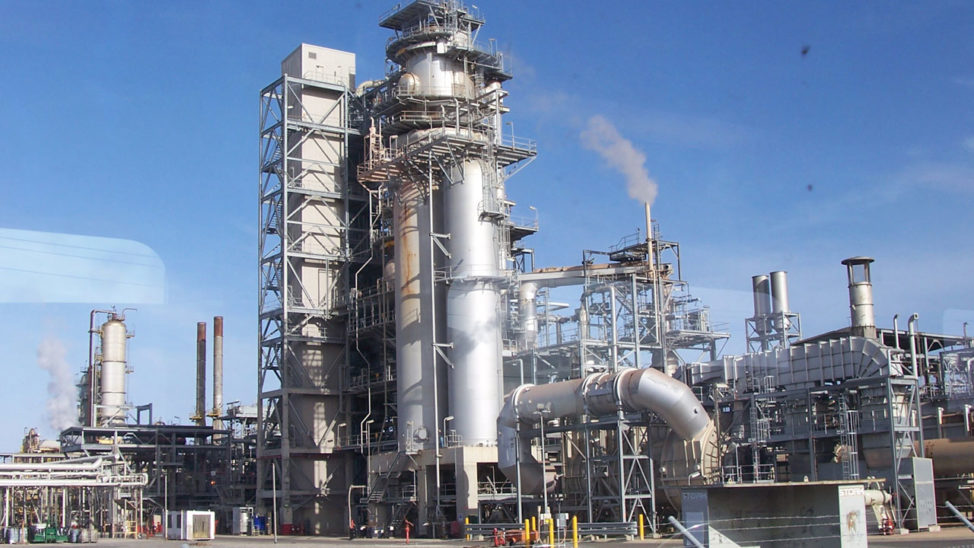The Nation
Reps launch probe into $18bn ‘wasted’ on non-functional refineries

The House of Representatives has ordered a full-scale investigation into why Nigeria’s four state-owned refineries remain dormant despite an estimated $18 billion reportedly spent on their rehabilitation over the past 20 years.
The decision came after lawmakers adopted a motion moved by Lagos lawmaker, Oluwaseun Whinghan, during Thursday’s plenary presided over by Deputy Speaker Benjamin Kalu.
Nigeria’s refineries — two in Port Harcourt and one each in Warri and Kaduna — are managed by the Nigerian National Petroleum Company Limited (NNPCL) but have been largely inactive for years due to vandalism and poor management. The situation has left Africa’s top oil producer reliant on imported refined petroleum products.
Industrialist Aliko Dangote recently cast doubt on the possibility of reviving the refineries, while NNPCL’s Group Chief Executive Officer, Bayo Ojulari, suggested that selling them off could be an option.
Moving his motion, Whinghan expressed concern that despite over two decades of turnaround maintenance efforts and the huge sums reportedly invested, “there is no tangible result to show.”
He said, “The House is worried over the recent public statements by Nigeria’s foremost industrialist, Aliko Dangote, and former President Olusegun Obasanjo, expressing doubts about the viability of these refineries and describing the multi-billion-dollar investments as futile, sparking widespread public concern and outrage over potential mismanagement.”
Whinghan recalled that in 2007, during President Olusegun Obasanjo’s administration, Dangote and other investors had acquired the refineries before the Umaru Yar’Adua government reversed the sale, opting instead for public-funded rehabilitation — a decision that has yielded little improvement.
He further cited Ojulari’s comments in an interview published by The PUNCH on July 10, 2025, where the NNPCL boss distanced the current administration from the alleged mismanagement of the refineries and hinted at their possible sale.
Whinghan added, “Nigerians are worried that despite consistent annual budgetary allocations over the years, there is no verifiable evidence of substantial rehabilitation outcomes, representing a gross misuse of public funds and a betrayal of public trust.”
He stressed that the country’s energy security and economic stability depend on a functional downstream sector, especially after the removal of the petrol subsidy.
“We are convinced that a comprehensive, transparent, and time-bound investigation is essential to ascertain the current operational and structural status of the Port Harcourt, Warri, and Kaduna refineries; examine the utilisation of all allocated funds and the effectiveness of rehabilitation efforts; identify any infractions, mismanagement, or corrupt practices in the management of these assets; and propose actionable reforms to safeguard future public investments and ensure the sustainability of Nigeria’s oil and gas infrastructure,” he said.
Following the adoption of the motion, the House directed its Committees on Petroleum Resources (Upstream, Downstream, and Midstream), Gas Resources, and Public Assets to investigate funds appropriated and disbursed for the refineries’ rehabilitation between 2010 and 2024.
The committees are expected to determine the true state of the refineries, assess how funds were used, identify any culpable agencies, and present their findings within four weeks for further legislative action.





















